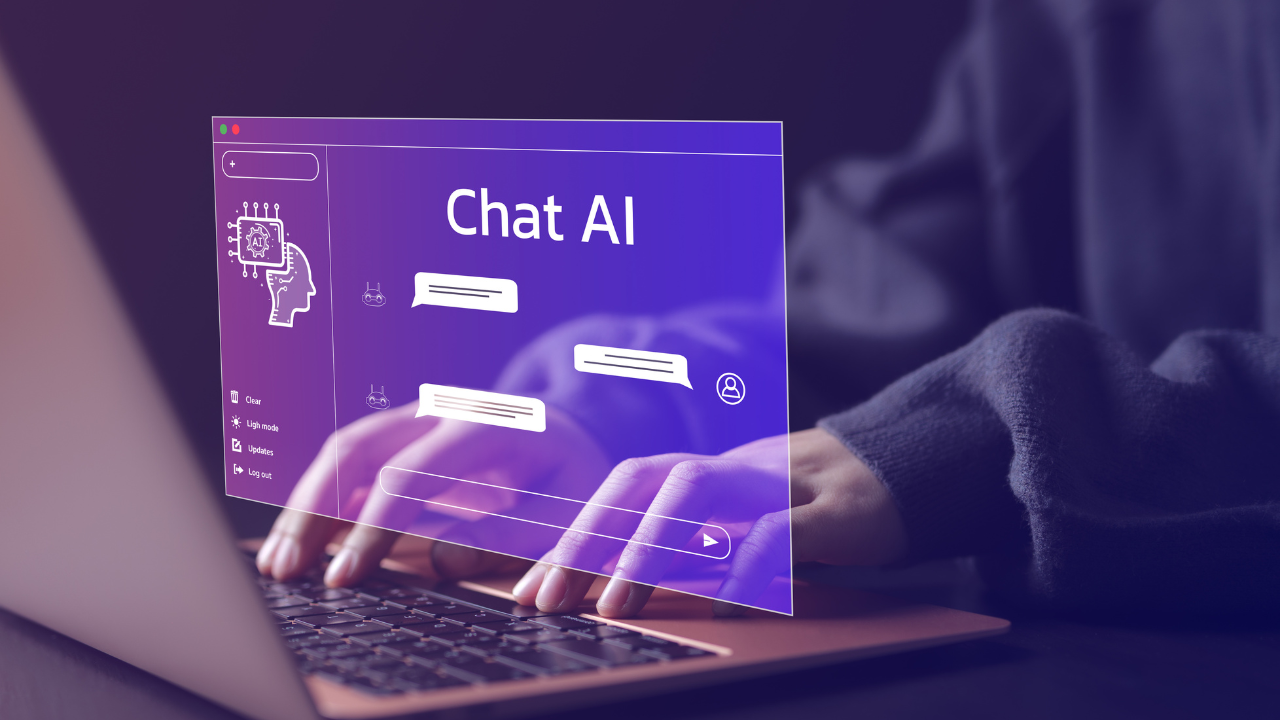2025 Job Market in Adelaide: Skills and Trends For Employers and Employees
6 mins read
As 2025 approaches, understanding Adelaide’s job market trends and in-demand skills is crucial for job seekers and employers alike. Learn how to stay ahead with insights into the latest skills and recruitment strategies in South Australia
As we approach 2025, the Australian job market presents exciting opportunities for employers and employees. With a national unemployment rate of 4.1% as of September 2024 and a slightly higher rate in South Australia at 4.2%, the current landscape signals a stable job market with robust employment opportunities across various industries (ABS, 2024). Here is a quick guide on what to focus on, from booming industries to essential skills, to make the most of 2025.
Booming Industries for 2025
Healthcare and Social Assistance: With an aging population, this sector remains Australia’s most prominent, offering roles in aged care, nursing, and mental health services. The rise in demand for disability support services further underscores the importance of this sector (AISC, 2024).
Technology and IT: Tech-related industries continue to expand, focusing on cybersecurity, data science, and software development as businesses increasingly rely on digital infrastructure (AI Group, 2024). Automation and artificial intelligence are transforming roles in various sectors, and expertise in these areas is in demand.
Renewable Energy: With Australia’s push toward sustainable energy, the renewable energy sector offers numerous career opportunities, particularly in solar and wind energy projects. Engineering, project management, and environmental science skills are especially valued here (Clean Energy Council, 2024).
Education and Training: The demand for educators remains strong, especially in early childhood and vocational training. As Australia focuses on skills development, opportunities exist for those with qualifications in these areas (AISC, 2024).
Key Skills for 2025
To thrive in 2025’s competitive job market, job seekers and employers should focus on building and nurturing these high-demand skills. Employees will enhance their career prospects, while employers can ensure their teams are resilient, productive, and ready for future challenges.
Essential Soft Skills
Critical Thinking and Problem-Solving: Industries have become more data-driven, and the ability to analyse information, weigh evidence, and make informed decisions is essential. Critical thinking enables employees to tackle complex issues proactively, creating more value for their employers. Employers who can foster a problem-solving culture will benefit from innovation and efficiency gains (World Economic Forum, 2023).
Adaptability and Learning Agility: With rapid technological advancements, roles are constantly evolving. Employees who can quickly learn and apply new skills will be valuable assets, especially in tech-driven fields like healthcare and IT. Employers benefit from adaptable staff who can pivot with minimal downtime, maintaining productivity through change (Deloitte, 2024).
Communication and Cross-Cultural Competence: Globalisation and diverse workplaces have made culturally sensitive communication clear and crucial. Effective communicators are better equipped to collaborate across teams and cultures, enhancing productivity. For employers, this skill reduces misunderstandings and strengthens team cohesion, especially in hybrid and remote settings (Forbes, 2024).
Emotional Intelligence (EQ): EQ, empathy, self-awareness, and relationship management skills are essential for navigating workplace interpersonal dynamics. Employees with high EQ can better handle stress, foster positive work environments, and improve client relations. Employers with emotionally intelligent teams see increased morale and employee retention (Harvard Business Review, 2023).
In-Demand Hard Skills
Digital Literacy and Automation Tools: Proficiency in digital tools and automation software (such as Microsoft Power Automate, CRM platforms, or data visualisation tools) is vital for efficiency. This skill enables employees to streamline tasks, reduce error rates, and focus on higher-level responsibilities. Employers with digitally literate teams save time and cut operational costs (LinkedIn Learning, 2024).
Data Analytics and Interpretation: As companies amass large amounts of data, employees skilled in data analytics are needed to draw actionable insights. Skills in tools like Python, Excel, and Tableau are highly valuable, helping businesses make data-backed decisions. Employers benefit from improved strategy and decision-making accuracy, driving growth and innovation (World Economic Forum, 2023).
Project Management and Organisational Skills: Structured project management, with skills in Agile or Lean methodologies, is essential for delivering projects on time and within budget. Employees who excel in project management keep tasks organised and stakeholders informed, contributing to a stable workflow. Employers benefit from fewer bottlenecks and smoother team coordination (Deloitte, 2024).
Cybersecurity Awareness and Compliance: With cyber threats rising, basic cybersecurity knowledge is crucial for everyone, not just IT professionals. Employees who understand cybersecurity protocols reduce risks associated with data breaches. Employers benefit from stronger organisational security and reduced liability, ensuring business continuity (Australian Cyber Security Centre, 2024).
Key Hiring Trends for 2025
The Australian job market can expect to revolve around several key trends that will reshape hiring practices, retention strategies, and the employee experience. Employers will increase hiring success by understanding these changes and adapting their approaches to remain competitive.
Hybrid Work and In-Office Balance: While flexible work remains popular and topical, many organisations prioritise in-office presence to foster collaboration and on-the-job learning, especially for younger professionals who value mentorship and growth. Employers may benefit from building hybrid models that encourage on-site engagement without compromising the flexibility that job seekers now expect.
Demand for AI and Automation Skills: AI has been analysed, debated, and dissected to the point of saturation, yet it remains an ever-present force in the current and future place of work. While many feel ‘AI fatigue’ from its overexposure, we can’t ignore its steady impact on business, society, and daily life. With advancements in artificial intelligence and automation, there is a surge in demand for candidates skilled in data science, machine learning, and digital literacy. Employers can prepare by investing in employee training and reskilling initiatives, enhancing their workforce’s capability to leverage AI effectively, especially for roles in which human oversight is critical.
Retention through Enhanced Benefits: We see organisations offer “benefits” all the time, but we need to focus on the tangible benefits that can directly support employee wellbeing and financial security. From cost-of-living adjustments to mental health programs, tailored benefits can be particularly effective in attracting and retaining talent. Wellness programs and remote work support can help employers meet employee expectations while managing ongoing skills shortages.
Other Relevant Considerations
Diversity and Inclusion: Organisations prioritising diversity and inclusion create more robust, innovative teams. Employers are encouraged to foster an inclusive culture that values varied perspectives, improving employee satisfaction and performance (Forbes, 2024).
Career Development Opportunities: Employees are looking for organisations that invest in their growth. Employers offering upskilling programs, certifications, and career advancement opportunities will have an edge in retaining talent.
Preparing for work in 2025 is about adaptability, building essential skills, and staying informed about industry trends. Employers who support these priorities and employees who align with them will be well-positioned for success in the evolving job market.
References
- Australian Bureau of Statistics (ABS). (2024). Labour Market Data.
- Australian Cyber Security Centre. (2024). Cybersecurity Basics for the Modern Workforce.
- Australian Industry Skills Committee (AISC). (2024). National Industry Insights Report.
- Clean Energy Council. (2024). Renewable Energy Jobs and Training Needs.
- Deloitte. (2024). 2024 Workplace Trends: Flexibility and Skills for the Future.
- EY. (2023). Hybrid Work and Workplace Wellbeing in 2025.
- Financy. (2024). Australia’sFuture Workforce and Trends for 2025.
- Forbes. (2024). Key Soft Skills for the Modern Workforce.
- Forbes. (2024). Top Soft Skills Needed in 2025.
- Harvard Business Review. (2023). The Importance of Emotional Intelligence in the Workplace.
- Insight Global. (2024). 5 Job Market Trends for 2025. Retrieved from
- LinkedIn Learning. (2024). Essential Digital Skills for the Modern Workplace.
- World Economic Forum. (2023). Future of Jobs Report.











